Perception is everything for motorsport championships: they’re only ever as strong as people believe them to be. And the sudden announcement by Mercedes-Benz that it will quit the ABB FIA Formula E World Championship at the end of next season is a blow to the perceived strength of the electric single-seater championship.
For starters, Mercedes has only just competed its second season as an official Formula E entrant, and it has also just won the drivers’ and teams’ championships. Its withdrawal came just days after Audi and BMW both competed in the championship for the final time. Losing one manufacturer is unfortunate; losing three is undeniably a trend.
So how worrying is this for Formula E, a championship that has grown incredibly in its seven seasons largely due to an influx of support from manufacturers eager to showcase their electric ambitions?
Certainly, losing three high-profile manufacturers isn't good news - and championship bosses need to look closely at why they've quit, particularly at a time when car firms are investing so heavily in electric road cars.
Notably, Mercedes specifically cited the need to focus its resources on the ramp-up of its electric road car development, and the fact that it's quitting Formula E to do so implies that it doesn't see the championship as a true testbed for EV technology.
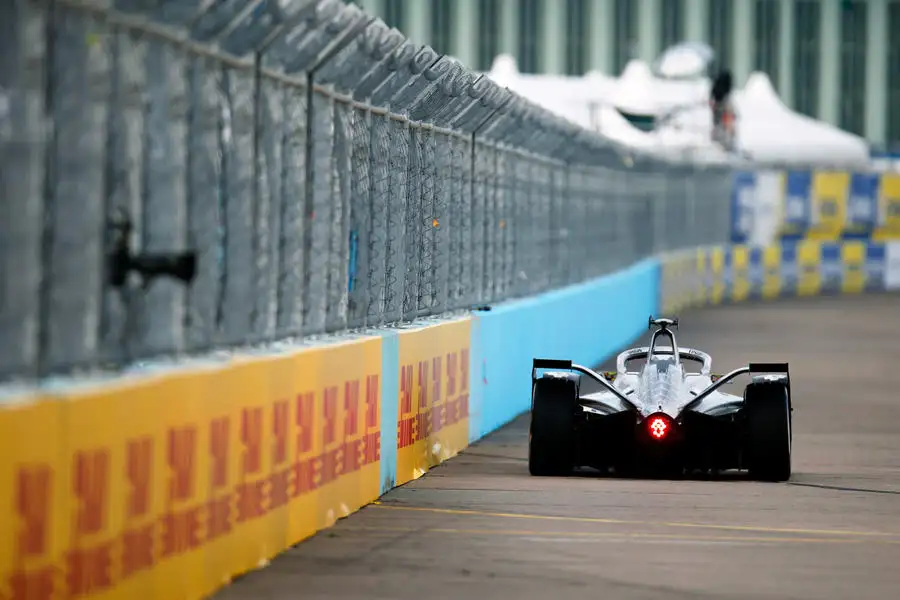
That suggests concerns with Formula E’s four-year generational rules cycles, which are used both to keep costs in checking by preventing a manufacturer-fuelled development race and ensure the on-track technology is reliable. That relatively controlled pace, along with limiting manufacturers to only developing the powertrain itself, doesn't reflect the rapid pace of EV development. Just consider how far roadgoing EVs have come in the past four years.
That said, I’ve recently spoken to officials from DS, Jaguar and Nissan who all insist that Formula E offers an excellent technological proving ground – and all three of those firms have committed to the Gen3 rules package that will come into force for the 2022/2023 season, effectively locking them into Formula E until 2026.

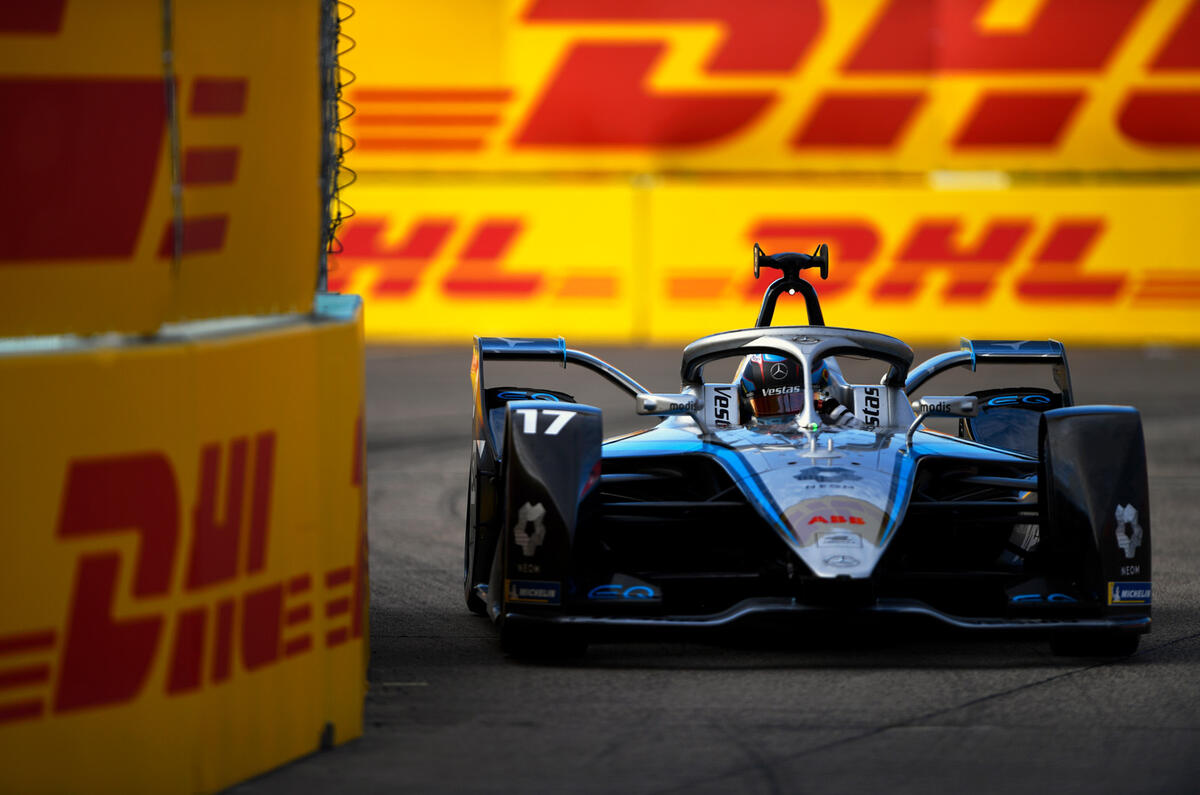
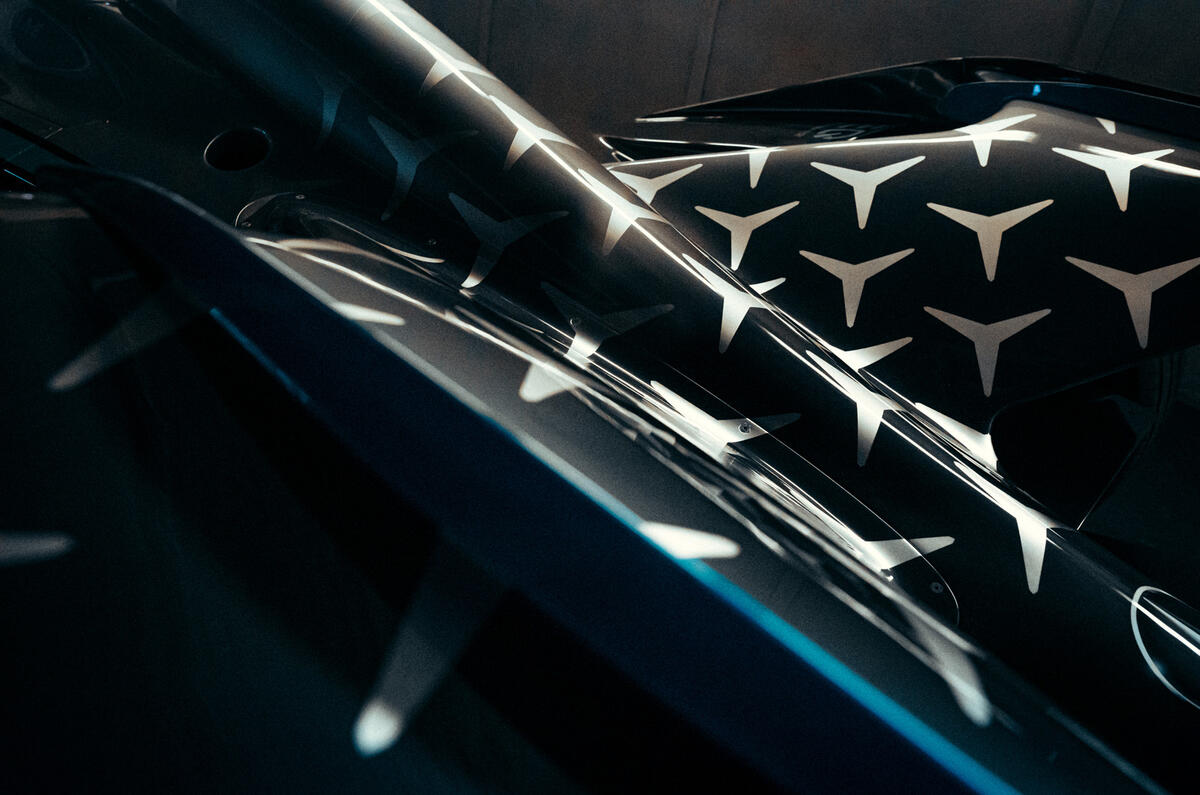
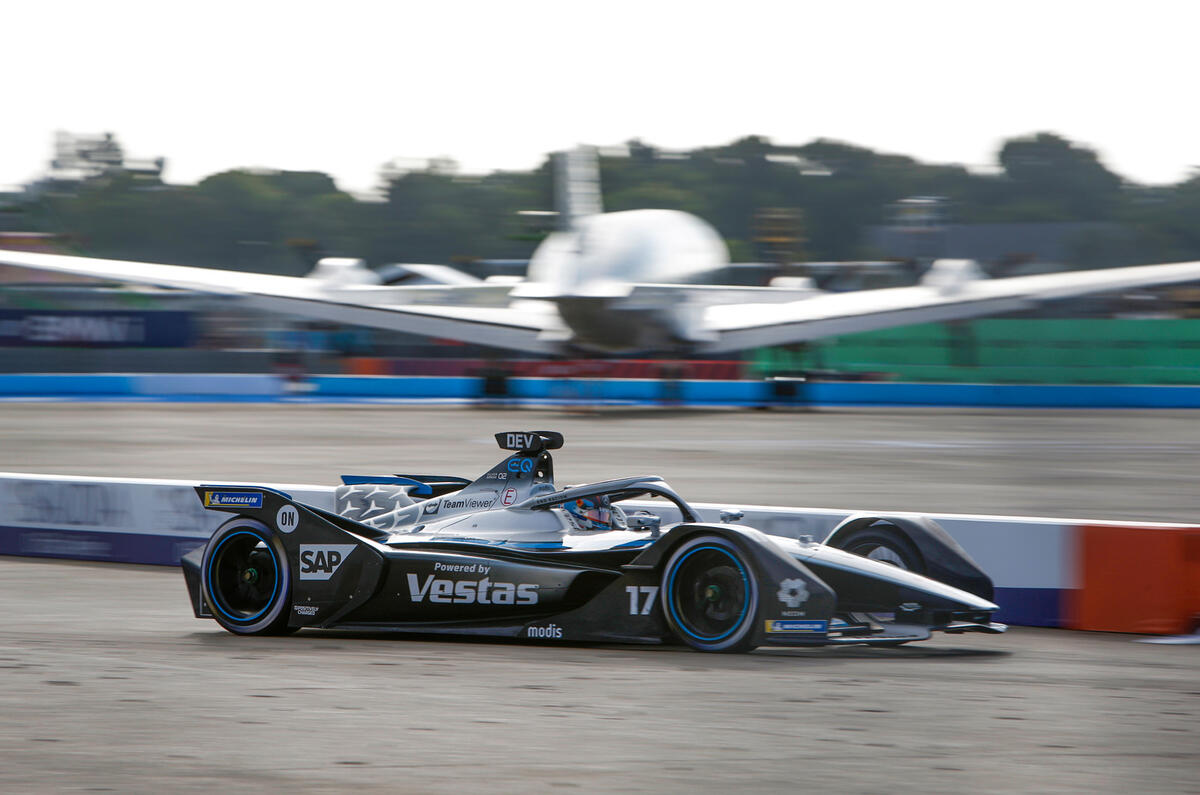
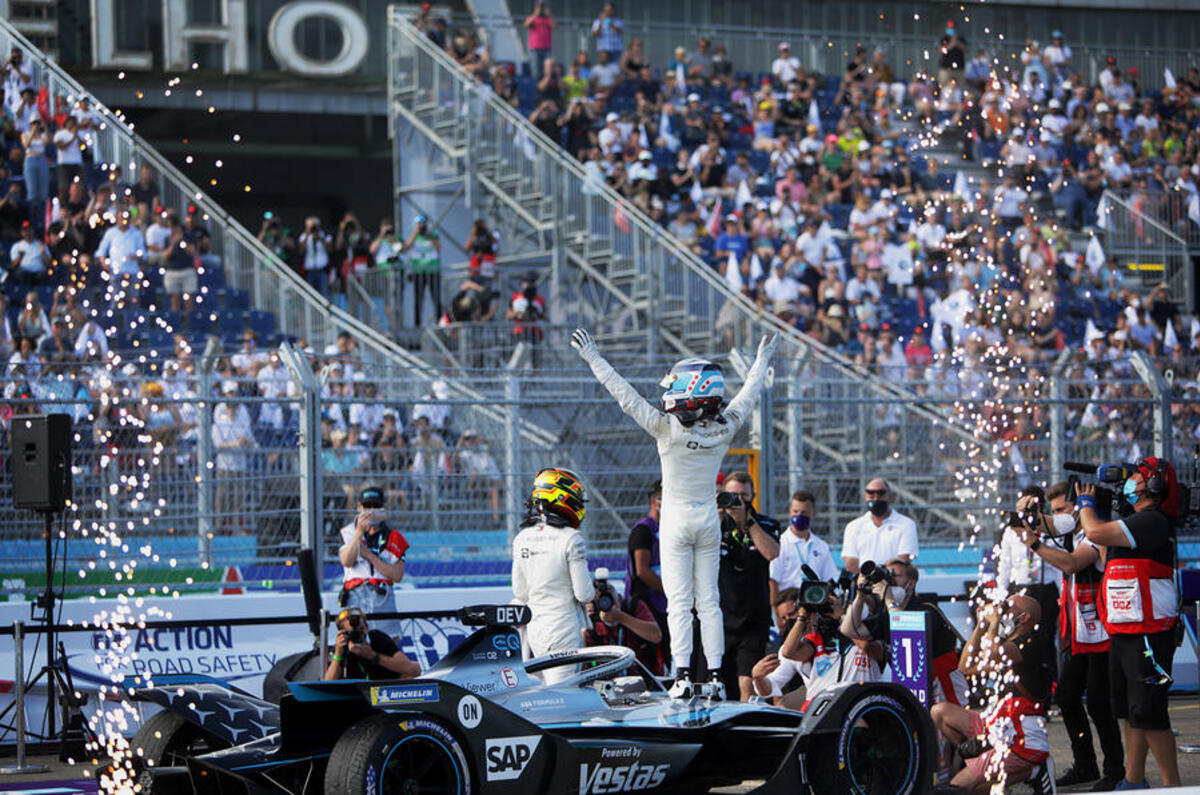
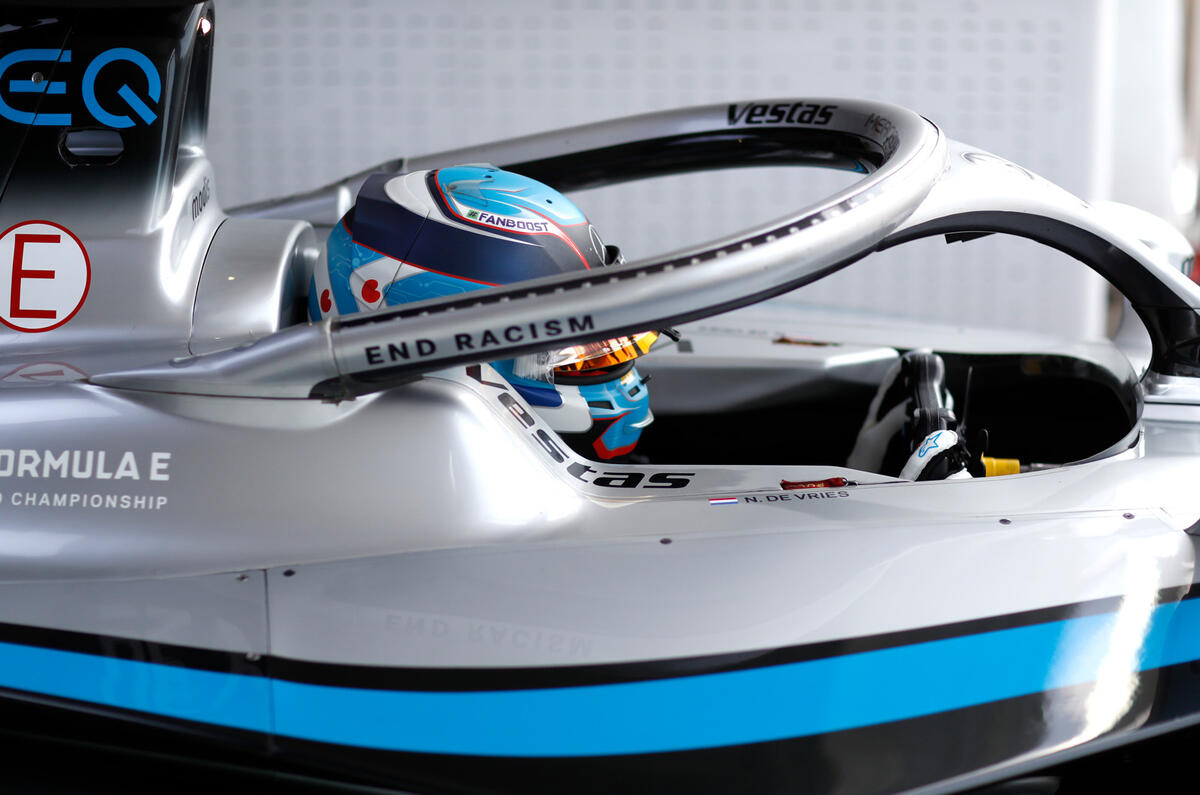
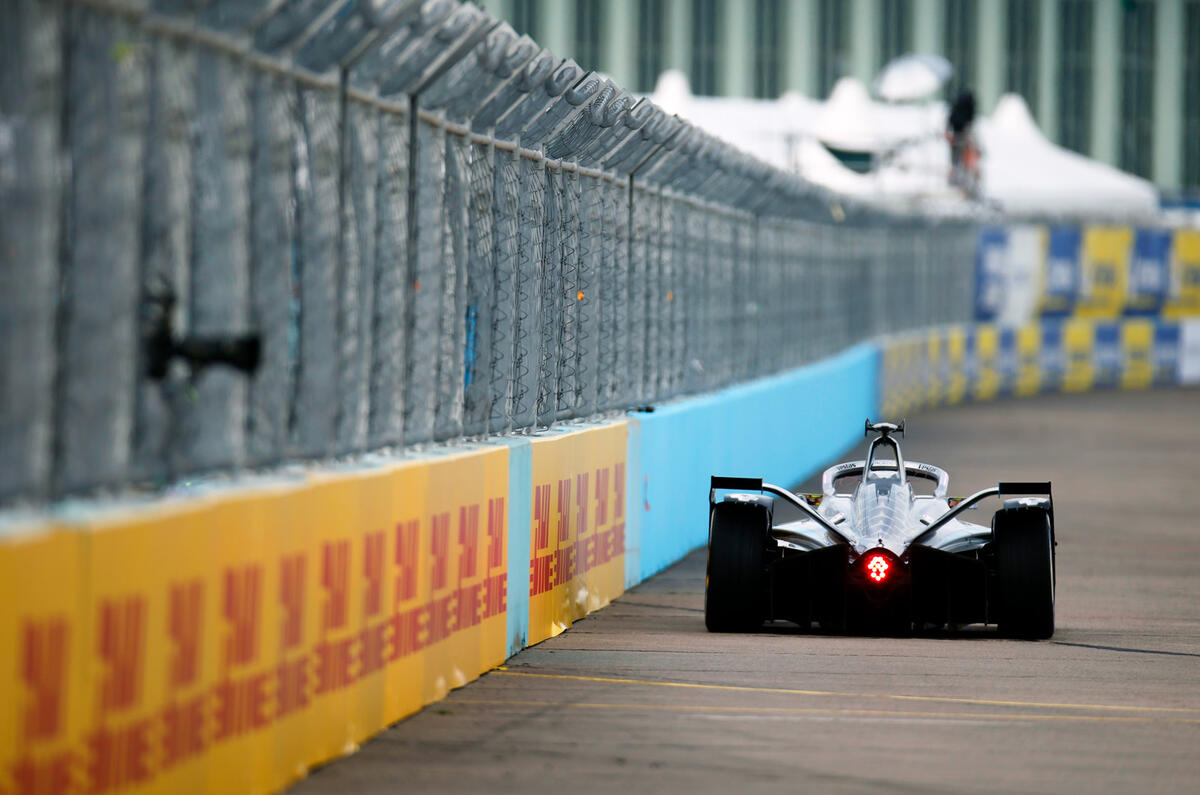
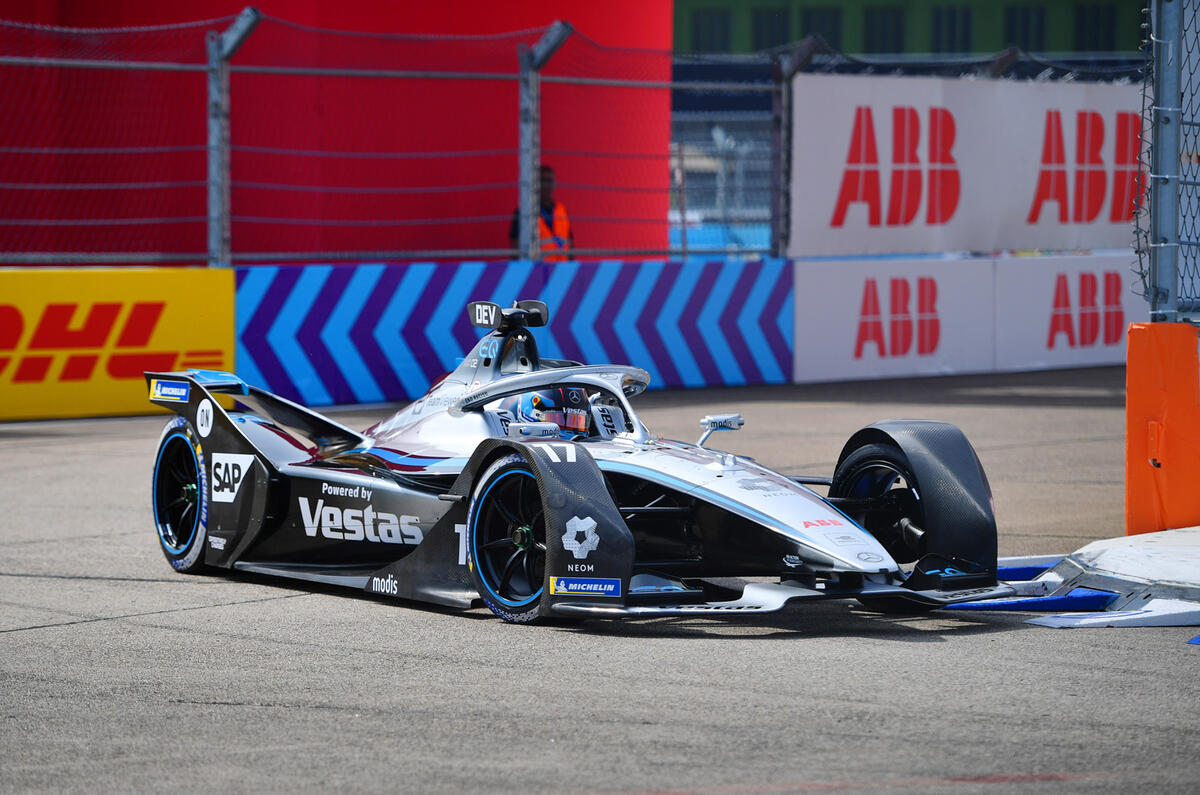




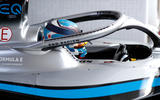








Join the debate
Add your comment
Formula E is the only motorsport I watch regularly. Mainly because it's one of the rare forms of motorsport that's not living in the past, but partly because it's more interesting thanks to the technology. Fanboost and Attack Mode are technology-enabled innovations which make normal motorsport seem obsolete. Plus the closeness of the racing and the sheer unpredictability of the results put the Formula One procession to shame. The only thing holding it back is that many petrolheads, who 120 years ago were the supporters of innovation, have now unfortunately become Luddites who resist change.
I don't understand this exit, you and other specialised magazines used to say it was a great championship.
I think these races are a joke.
Well, it could, it could also do with a bit more positive reporting, every sport has its dark areas, the boring bits not reported, a sport shouldn't just exist because a top car brand/s compete, this form of racing is like a favourite comedy show where they replace or two of the cast and hope nobody minds, EV racing is like that.